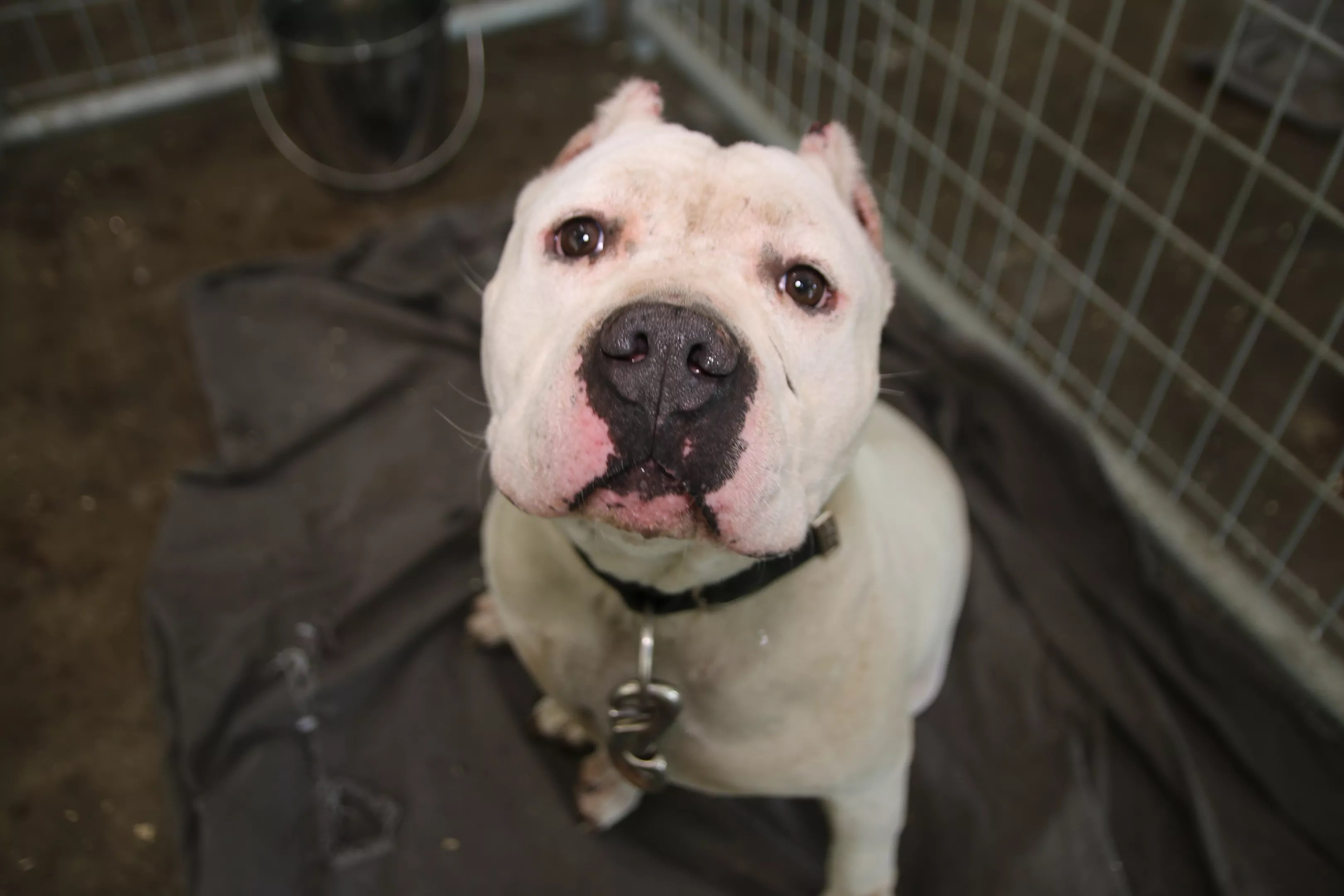
SPCA of Texas

Audio By Carbonatix
For the next two weeks, several SPCA of Texas shelters will be shut down for intake and adoptions as the organization tries to quell a canine distemper outbreak.
Canine distemper virus is a contagious illness that can be fatal to dogs. Dogs that survive distemper can suffer lasting neurological damage. There’s no cure for distemper, and treatment can be expensive and ineffective. That’s why it’s recommended that pets get vaccinated for the virus. Animals that aren’t vaccinated or those with weakened immune systems are especially at risk.
“The SPCA of Texas respectfully asks for the public’s patience as we do everything in our power to protect and care for the animals in our facilities and in our community,” Karen Froehlich, the organization’s president and CEO, said in a written statement last week. “This situation indicates that canine distemper virus is circulating in the community, and the SPCA of Texas urges all pet owners to vaccinate all of their pets against all species-appropriate diseases under the direction of their veterinarian as well as to have their pet spayed or neutered and microchipped.”
The SPCA of Texas recently found two infected dogs, which led them to implement the two week quarantine. The quarantine will end on June 22.
The quarantine will be in effect at these locations: Jan Rees-Jones Animal Care Center, Myron K. Martin Spay/Neuter and Veterinary Care Clinic, Russell E. Dealey Animal Rescue Center, Ellis County Animal Care Center.
In this time, all of the organization’s dogs will be monitored and tested for the virus. Some of the organization’s programs and services will still be available, such as offsite adoptions of cats at local stores, as well as livestock and horse adoptions at its equine center in McKinney.
Maura Davies, a spokesperson for SPCA of Texas, told the Observer the organization has seen similar outbreaks before. Other North Texas shelters have also seen outbreaks recently, Davies said. The protocol the organization is using to respond to the outbreak was developed with help from Cynda Crawford from the University of Florida College of Veterinary Medicine.
“Our goal is to maximize lifesaving in the shelter, treat any dogs that present with distemper, minimize further spread of the virus and protect the community.” – Maura Davies, SPCA of Texas
“Our goal is to maximize lifesaving in the shelter, treat any dogs that present with distemper, minimize further spread of the virus and protect the community,” Davies said.
Dallas Animal Services reported distemper cases at its shelter in November. Since, Dallas Animal Services has been working with others in the industry, including Crawford, to adjust disease control protocols.
On May 24, in response to distemper cases in North Texas and across the state, Dallas Animal Services launched a program called Three to Thrive. The program sends newly vaccinated dogs into foster homes for the three days it usually takes for the vaccination to be effective. Also a part of this program, Dallas Animal Services will temporarily restrict intake of owner surrendered dogs to avoid exposure.
“Our main goals are to be transparent, save as many lives as possible and to fight this illness from all possible angles,” MeLissa Webber, director of Dallas Animal Services, said in a written statement at the program’s launch.
Until case numbers go down, the agency recommends struggling owners visit their website to get help. Dallas Animal Services is also asking residents who take in lost dogs to schedule a vaccination appointment for them.  
Despite the struggle with active cases, Dallas Animal Services is continuing adoption for dogs that have been vaccinated and don’t show signs of the virus.
“We have hundreds of wonderful, vaccinated dogs in our care that deserve loving homes,” Webber said. “While DAS cannot guarantee that apparently healthy dogs have not been exposed to distemper in our building or before their arrival, we will only be placing dogs with significant distemper protection. We realize adopters may have concerns and we want them to know we are here to help, even after they adopt.”